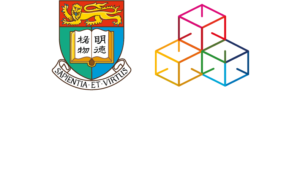SLGP7115
Sustainability management systems and assessment tools
[6 CREDITS]
Introduction
This course equips students with essential concepts and practical skills in sustainability management and assessment tools. Emphasizing real-world applications, it explores strategies to enhance environmental performance across organizational functions , fostering resilience in the face of climate change while helping organizations achieve their sustainability goals.
The curriculum delves into key methodologies, including environmental auditing, carbon auditing, life cycle analysis, and climate risk assessment—powerful tools for driving meaningful progress toward a low-carbon, sustainable future. Students will gain a comprehensive understanding of decarbonization, net zero targets, and sustainability reporting, empowering them to lead impactful environmental initiatives within their fields and organizations.
Through a blend of theoretical concepts, hands-on approaches, and a site visit, students will develop a deeper appreciation for the rationale behind various sustainability management systems. They will also acquire the skills to apply these tools in analyzing industrial and urban metabolism in Hong Kong, with a particular focus on business implications.
Assessment: 100% coursework

